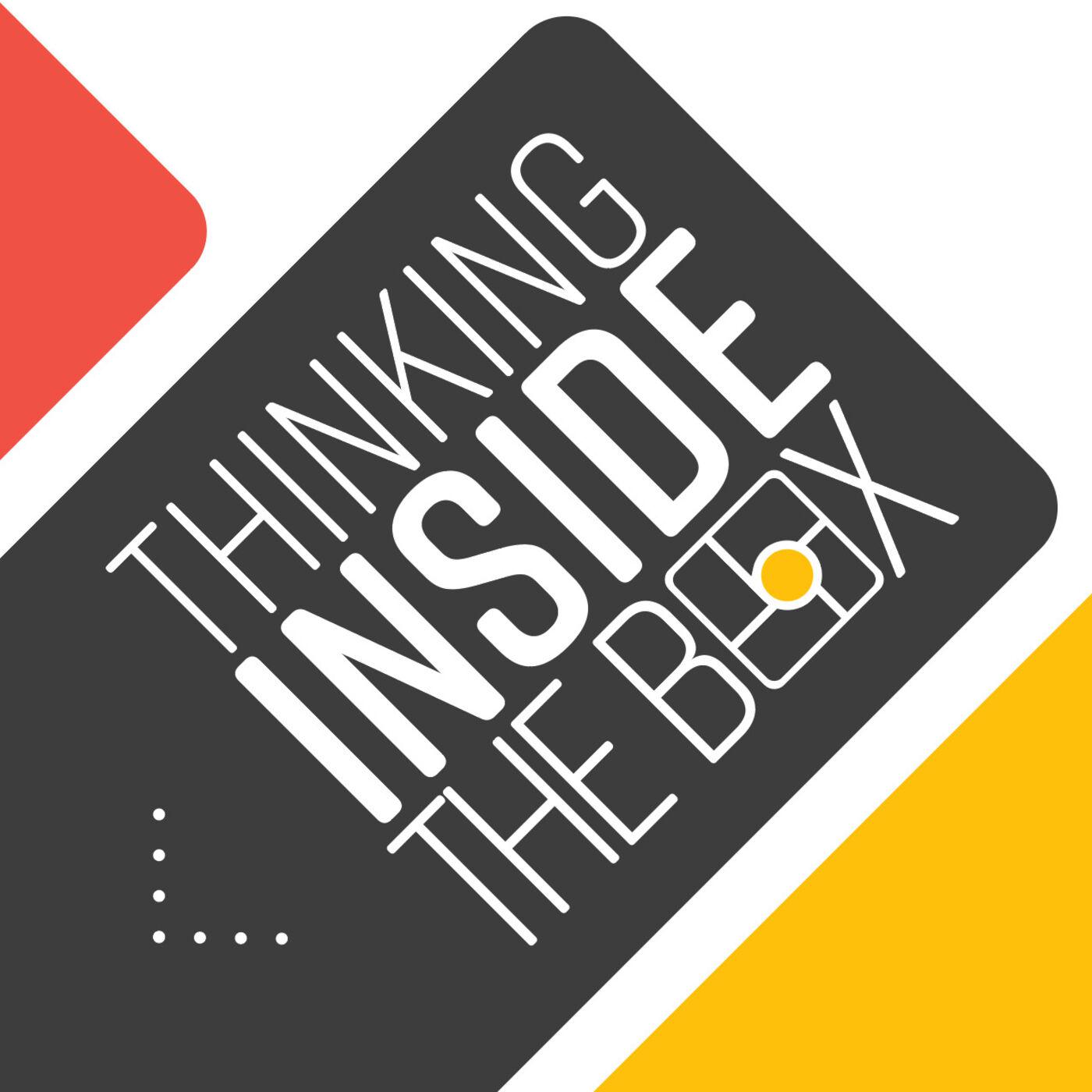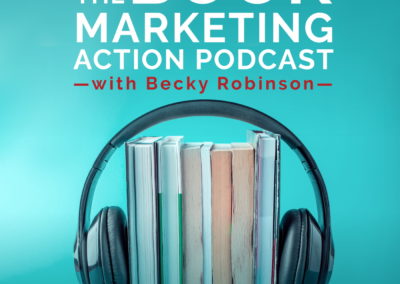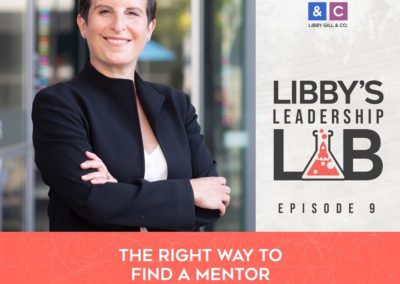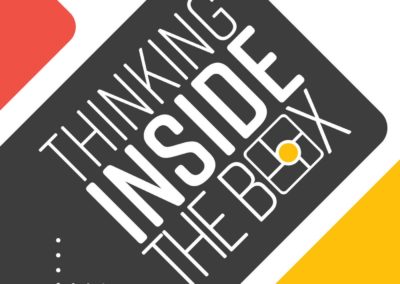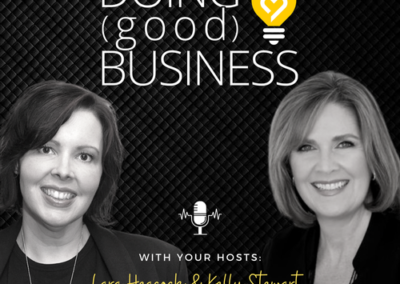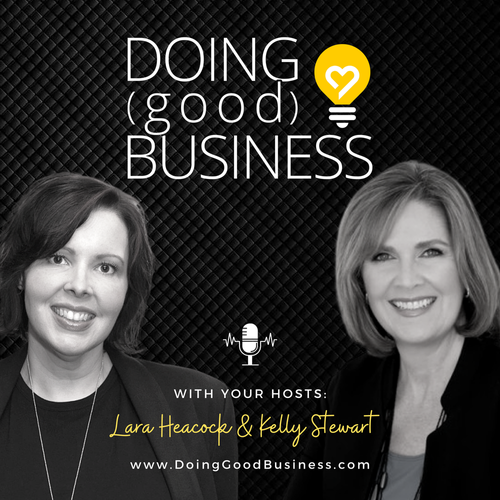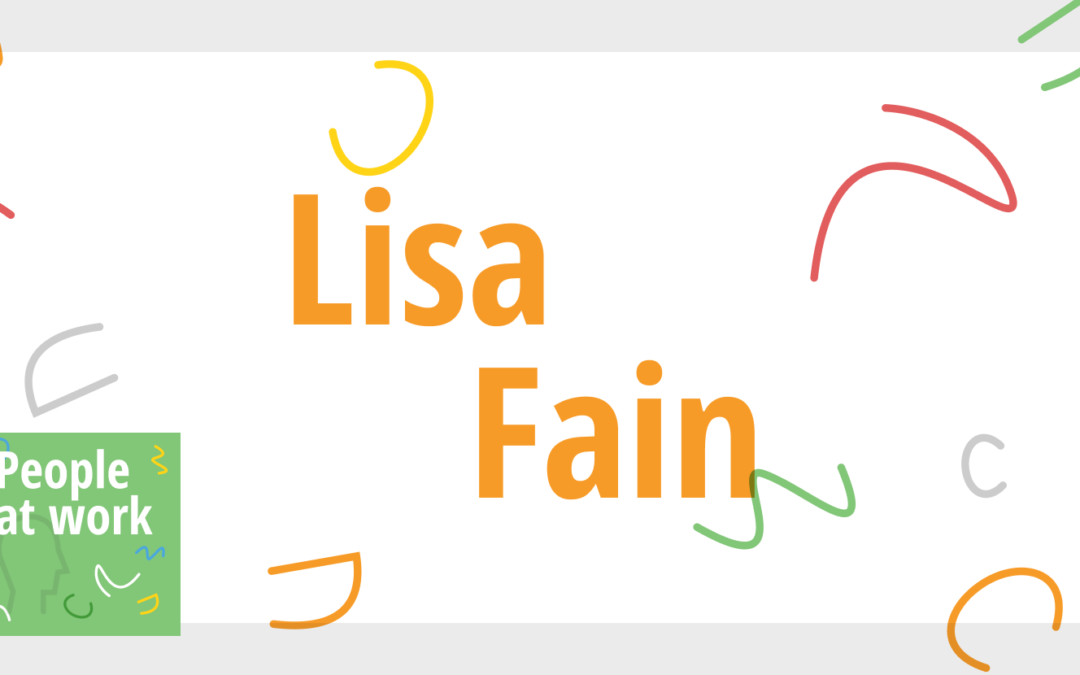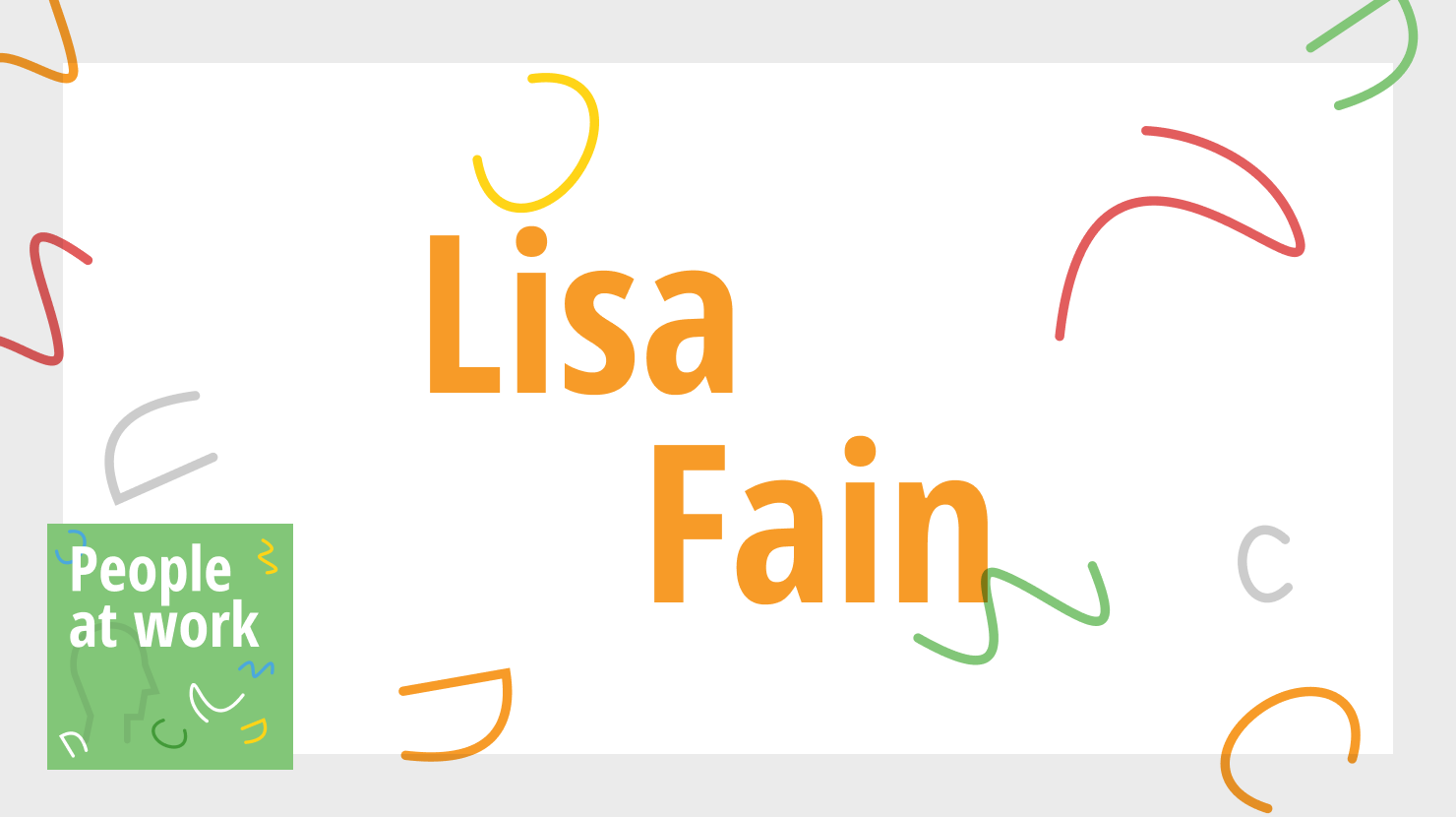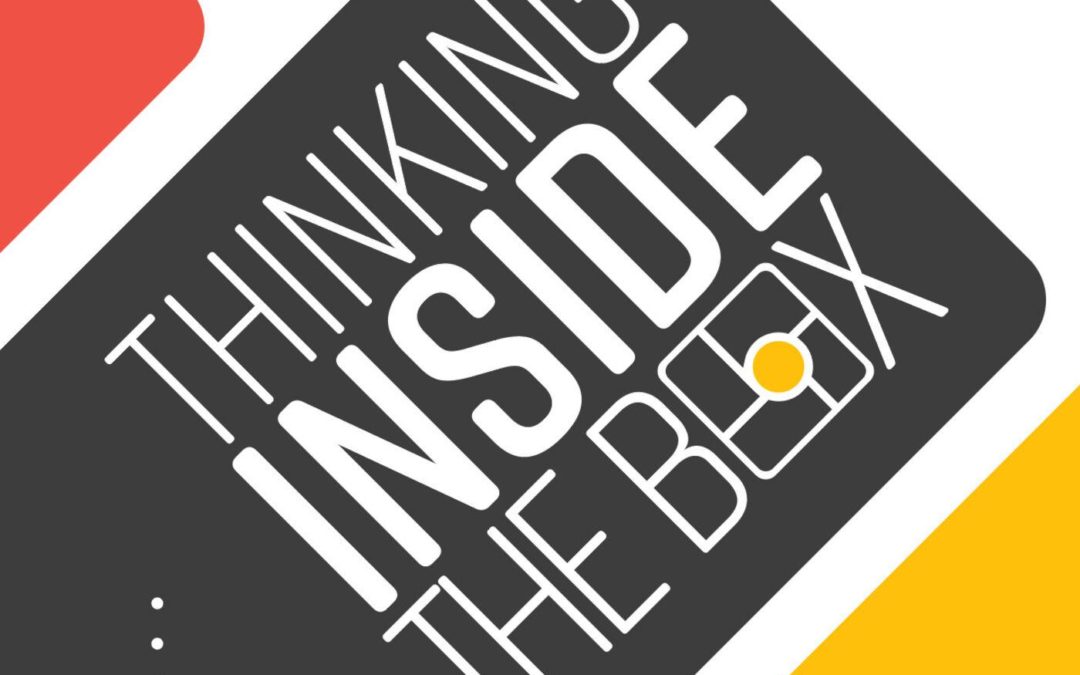
How We See a Future for Mentoring (Thinking Inside the Box | December 2020)
PODCAST
How We See a Future for Mentoring (Thinking Inside the Box | December 2020)
Lisa Fain is a mentoring expert, speaker & coach based in Seattle, Washington.
A practicing lawyer in a major multinational firm for almost ten years, Lisa counselled employers on creating inclusive policies and practices. And recognizing that the best kind of inclusion comes from understanding others’ needs & interests, she became certified as a mediator through Chicago’s Centre for Conflict Resolution. She’s since used her counselling skills to help clients understand and proactively prevent conflict.
A practice that got much more difficult in our increasingly digital world. How do you bridge the gap using a technological medium? What makes an effective mentoring relationship? What are the differences between virtual & physical mentoring?
These are a few of the questions we tackled in our discussion.
We closed our discussion by looking into the future. How can we capitalize on the disruption of 2020 & make mentorship more-inclusive? It’s an important question & one Lisa is uniquely qualified to answer.

